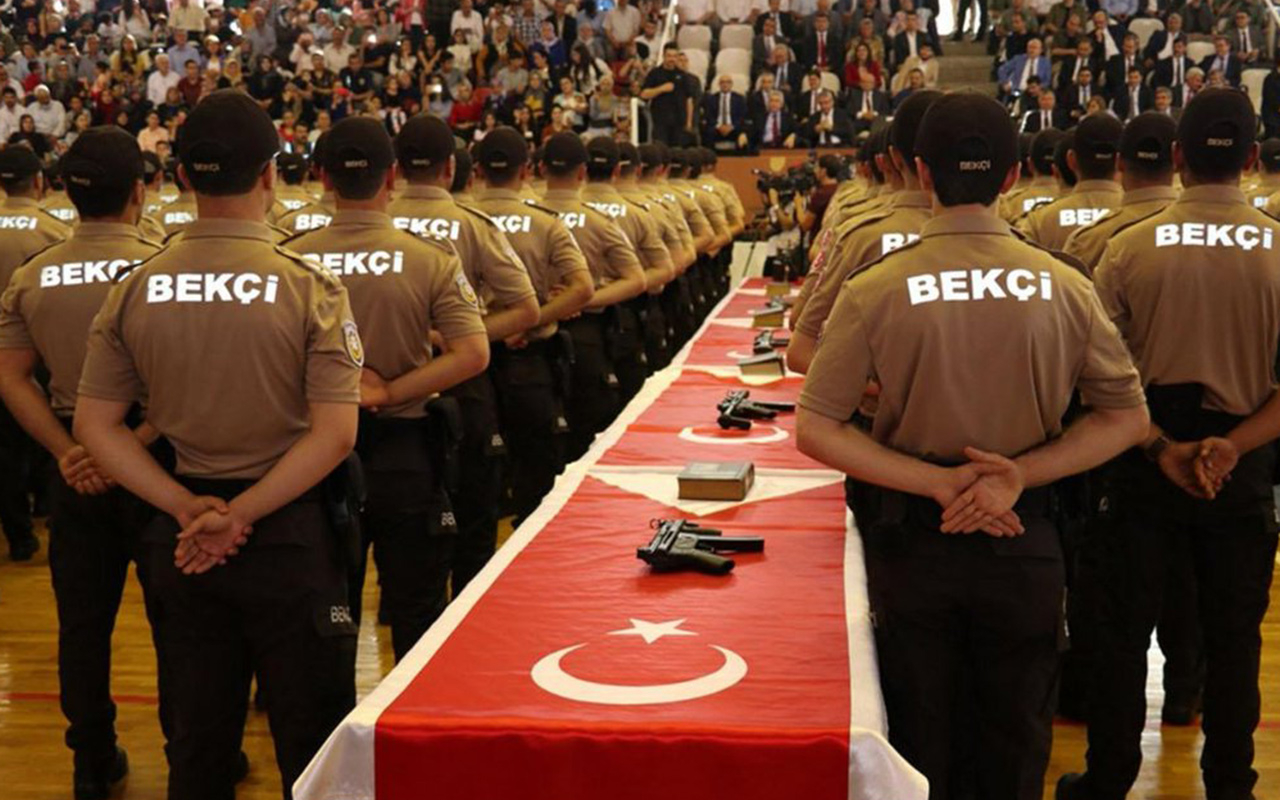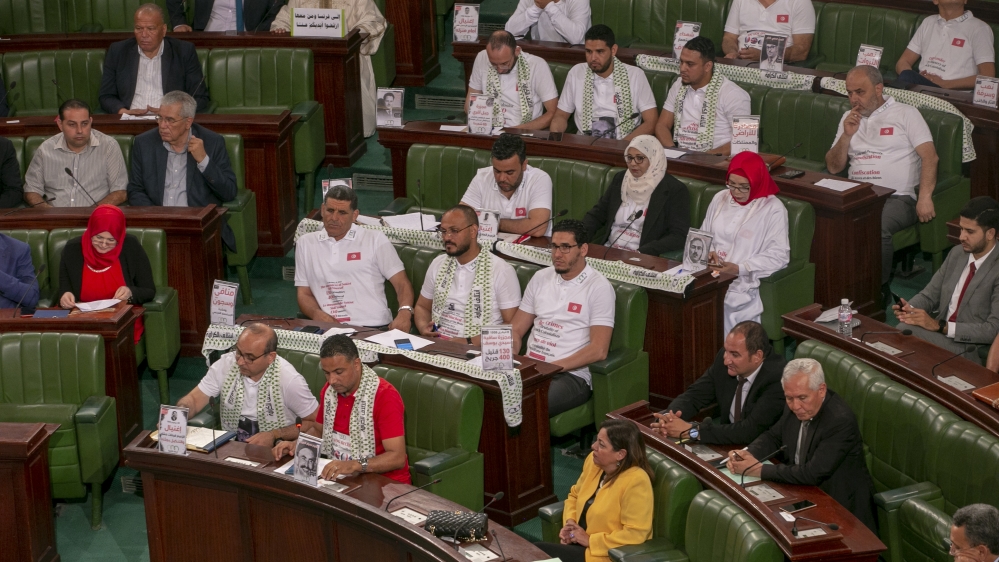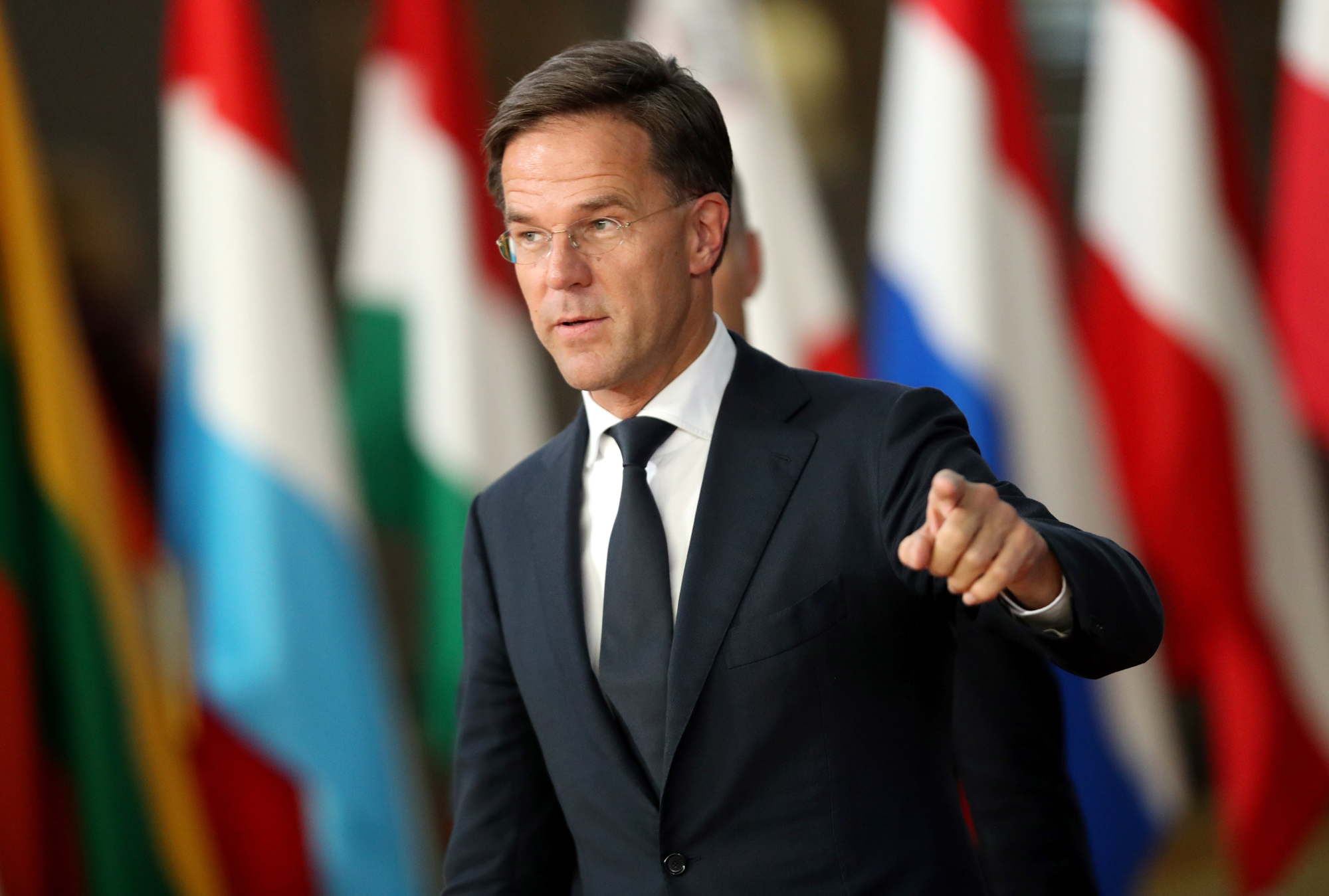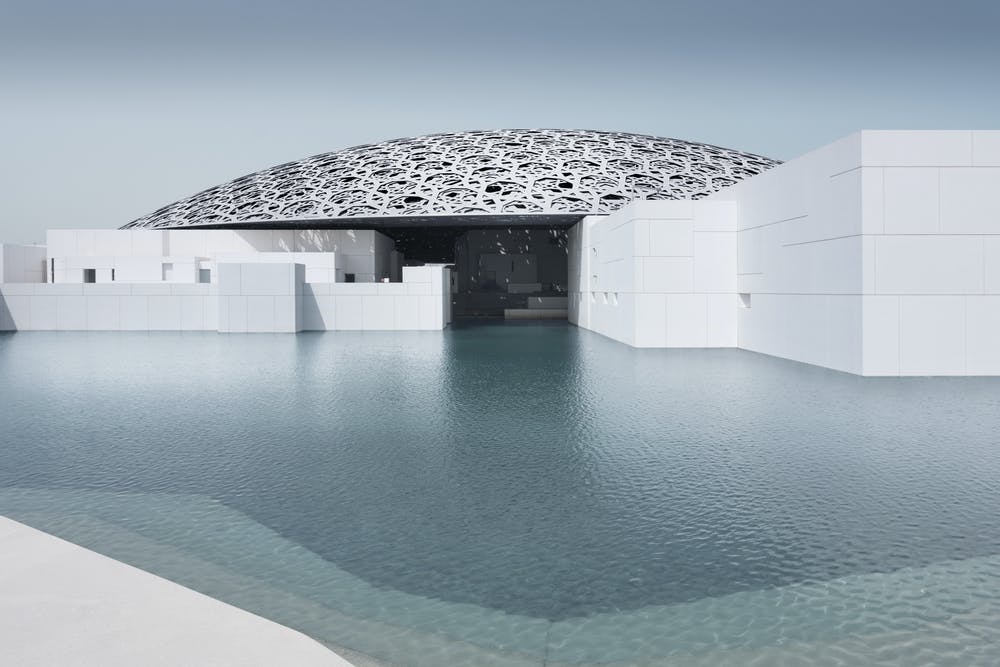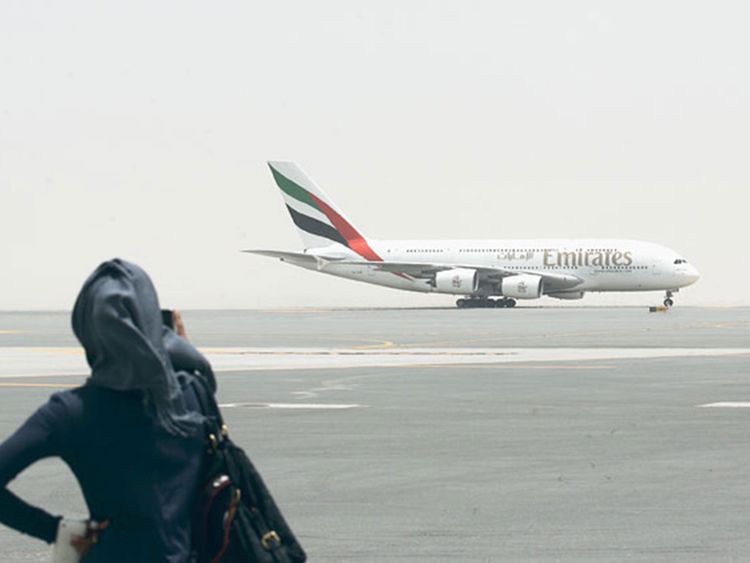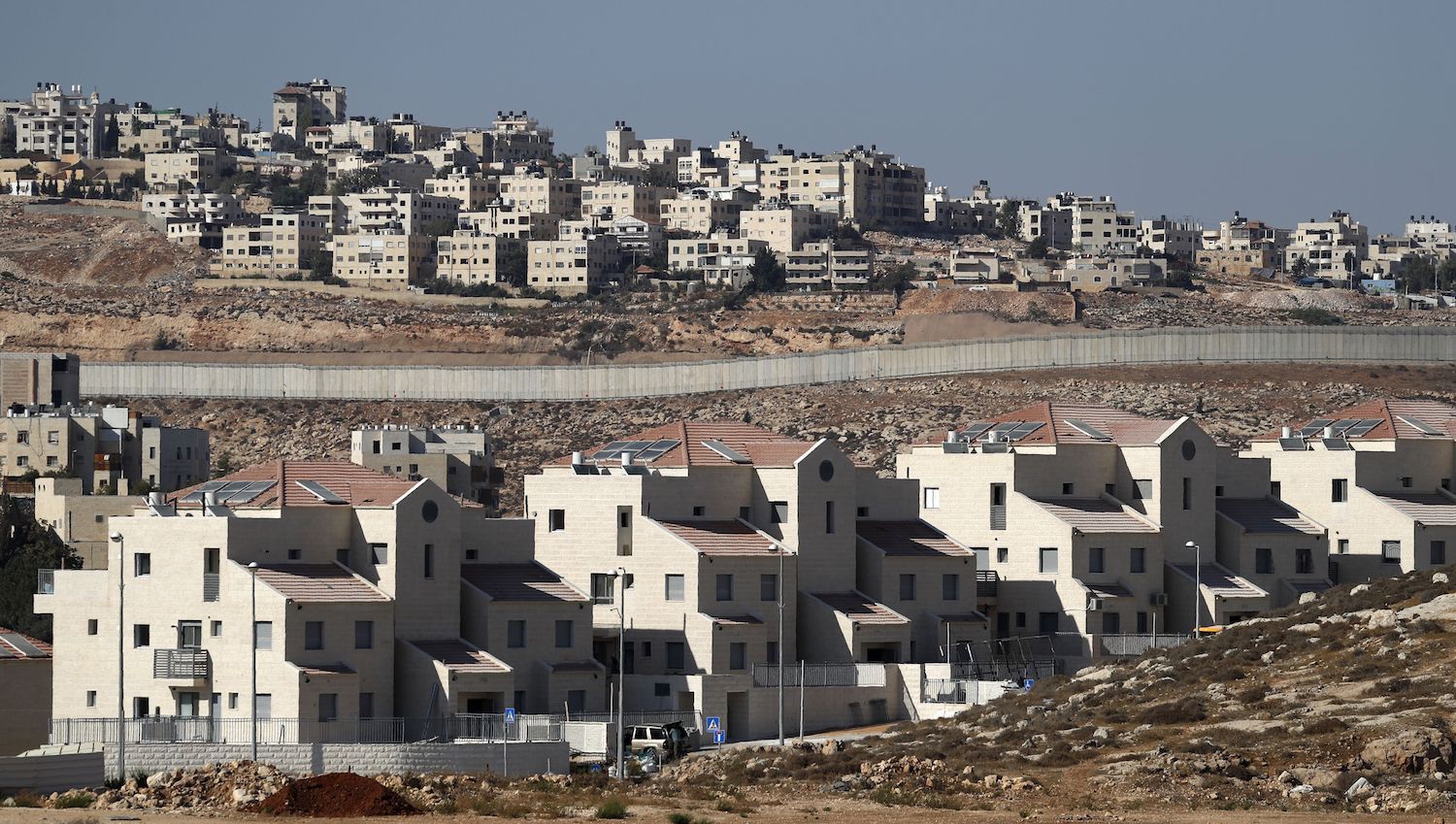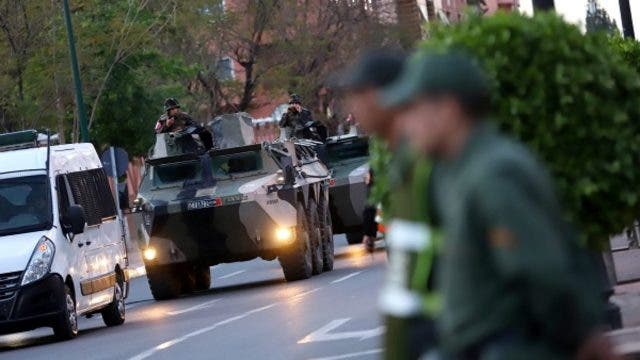France has violated the freedom of expression of activists of the Boycott, Divest and Sanctions movement (BDS) that aims to protest Israeli apartheid. The ruling is significant as the EU is seeing increasing repression of pro-Palestinian activism, which Israeli lobbyists paint as antisemitic.
French courts had earlier convicted the protesters of “incitement to economic discrimination” after a group of eleven protesters held a demonstration at a supermarket in the small town of Illzach in 2009.
The protesters had handed out leaflets calling for a boycott of Israeli products which French courts, including its top court, upheld as a crime and sentenced each member to pay a €1,000 fine.
Court ruling
The European Court of Human Rights (EHCR) then took the case as “Baldassi and Others v. France,” named after Jean-Michel Baldassi, the leader of the small group of protesters.
On Thursday, June 11, the EHCR unanimously found (PDF) that “incitement to differential treatment is not necessarily the same as incitement to discrimination” and that French courts had violated the protesters’ right of freedom of expression established in article 10 of the European Convention on Human Rights.
After eleven years of ongoing court cases, the EHCR ruled that France must pay each protester €380 to compensate for loss of income due to the court cases, €7,000 for non-quantifiable damages, and €20,000 jointly to cover costs and expenses inflicted on the protesters in their eleven-year legal battle.
BDS response
Rita Ahmad of the Palestinian-led BDS movement said about the ruling: “This is a major legal blow to Israel’s apartheid regime and its anti-BDS lawfare. At Israel’s behest, European governments, especially in France and Germany, have fostered an ominous environment of bullying and repression to silence Palestine solidarity activists.”
Ahmad highlighted the link between Black Lives Matter protests in the US and the BDS movement’s anti-colonial position, saying “at a time when European citizens, inspired by the Black Lives Matter uprising in the US, are challenging the ugly legacy of European colonialism, France, Germany and other EU countries must end their racist repression of human rights defenders campaigning for Palestinian human rights and for an end to Israeli apartheid.”
Ahmad also emphasized the role of European silence on Israeli human rights and international law violations. “Europe is deeply complicit in Israel’s occupation, siege of Gaza and slow ethnic cleansing of Indigenous Palestinians.” She promised further activism in Europe, saying that “for as long as this complicity continues, BDS campaigns will too.”



